Have you noticed that your horse is not eating? Despite supplying the usual amount of food, your horse may not have even touched it. Because horses can eat up to 20 pounds of food each day, there is something wrong when a horse does not eat. It's really important to make sure you are paying attention and understand what is causing a change in their normal food behavior.
Reasons Your Horse May Not Be Eating
An underlying health issue could prevent your animal from wanting to consume the food that you have provided. It helps to know of some of the different reasons your horse may not be eating, along with what you can do to help. We love our horses as they are a part of our family, so just as we would worry about a child skipping meals, it's normal and expected that you would be concerned about your horse.
In some cases, the horse may chew and spit out their food. This is called quidding and is common in horses, but can also be fatal if not controlled. Make sure you consider this not just when they aren't eating, but when they are quidding.
Bad Teeth That Cause Discomfort
Many horses have bad teeth because they have so many of them. When there are too many teeth inside a horse’s mouth, it can lead to overcrowding. The overcrowding can cause pain and lead to impaction. When a horse has bad teeth, the animal may stop eating.
Other symptoms of this condition include dropping chewed pieces of food, losing weight over time, and bad breath. If you have noticed some of these symptoms or can easily see your horse’s teeth are overcrowded, you may want to talk to the veterinarian about an oral extraction. Having some of the teeth removed could provide much-needed relief to your horse.
Want more information? Check out these things you should know about horse teeth. It's vital to make sure you keep your horse healthy from top to bottom. Specifically, their teeth that are such a huge part of keeping them healthy.
Sore Tongue
Your horse may have stopped eating because it has a sore tongue. Unfortunately, this can happen when the horse chews on something other than its usual feed. For example, your horse may have chewed on a piece of metal found in the grass while grazing. If the horse has a sore tongue, chewing food may cause extreme discomfort.
As a result, your horse might not want to eat anything. Most sore tongues in horses will heal within two weeks. You can apply an antiseptic to the tongue to prevent further infection while helping with the healing process. Make the food softer for your horse by sprinkling a bit of water on top to get it a bit moist. The moist food is easier to chew.
Stomach Ulcers
Like humans, horses can end up with ulcers on the lining of their stomachs. Both young and old horses can end up with ulcers, but they are far more common in racehorses. When a horse has a stomach ulcer, the animal may not feel like eating because of the discomfort it can cause.
The veterinarian can often prescribe medication to treat the ulcer, such as omeprazole. If you believe your horse has a stomach ulcer, talk to the veterinarian about the symptoms and treatment options.
Colic
Colic can cause abdominal pain in horses. It is another common condition that horses can experience. When a horse has colic, it will typically stop eating and start resting much more often than usual. Some horses become depressed and seem uninterested in anything going on around them.
If your horse's behavior has changed and it is no longer eating like usual, colic may be the culprit. Although not always necessary, some horses need to have a surgical procedure to get relief from colic. In other cases, a veterinarian will usually provide medication for the horse to take each day.
Horse Courses by Elaine Heney
- Listening to the Horse - The Documentary by Elaine Heney & Grey Pony Films
- Shoulder In & Out Training for better balance, bend & topline development with your horse
- Over 110+ Polework Exercises & Challenges to Download
- Dancing at Liberty & Creating Connection with Your Horse (11 lessons) - Grey Pony Films
Parasites
Worms or other intestinal parasites can really be a huge issue with horses. While it's easy to fix and prevent, it is something many don't think of initially when they see their horse skipping meals. We've shared a post about the top worms horses can get and tips for treating them. Check this to begin
Always Be Aware of Your Horses Eating Habits
If your horse has stopped eating, you need to figure out what is going on. There is a good chance that your horse is experiencing discomfort that prevents it from wanting to eat. An equestrian veterinarian could examine your horse and provide a diagnosis based on symptoms and other findings. Once you know what is wrong with the horse, you can move forward with a treatment plan to help the animal get better. When your horse starts feeling better, you should begin to notice the horse starts eating like usual again.

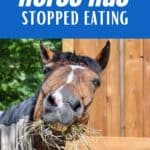
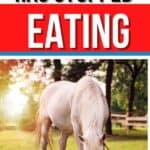
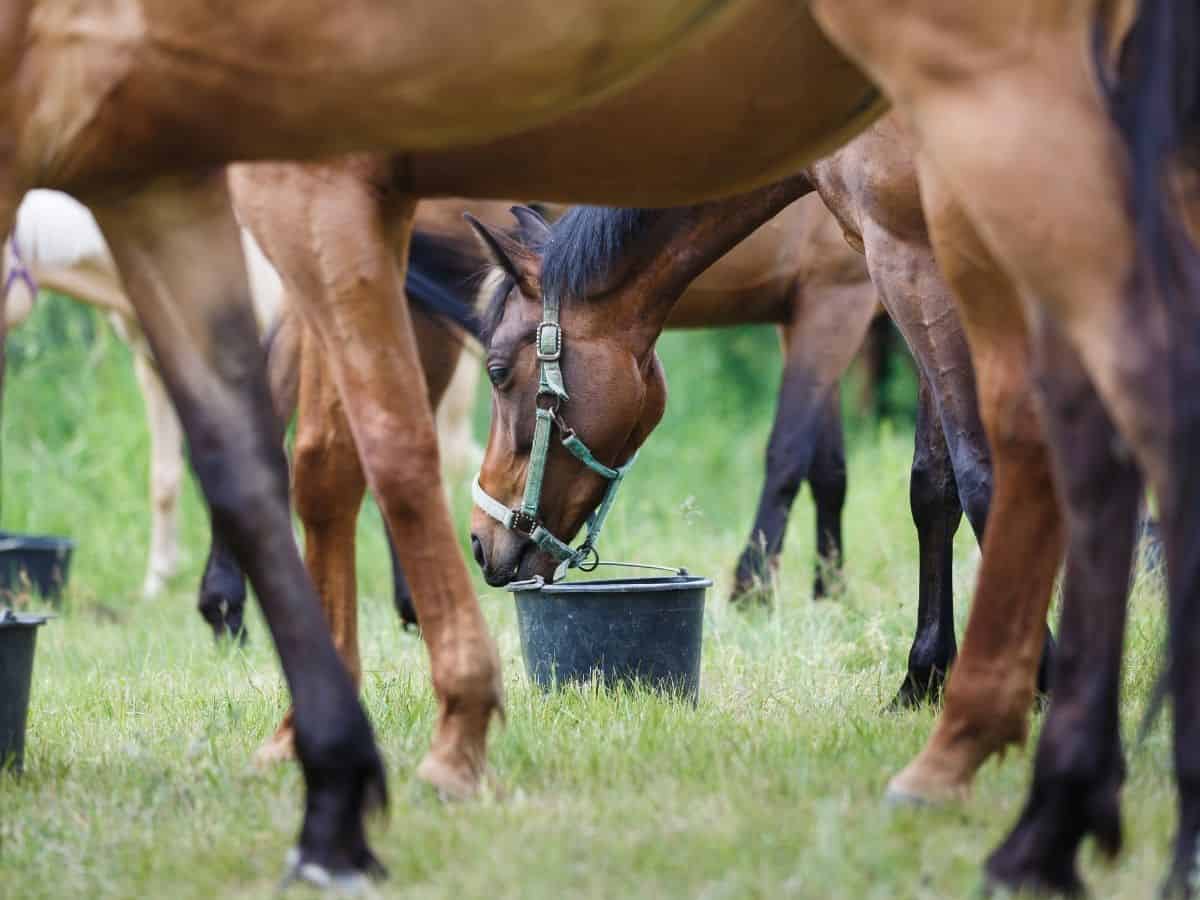
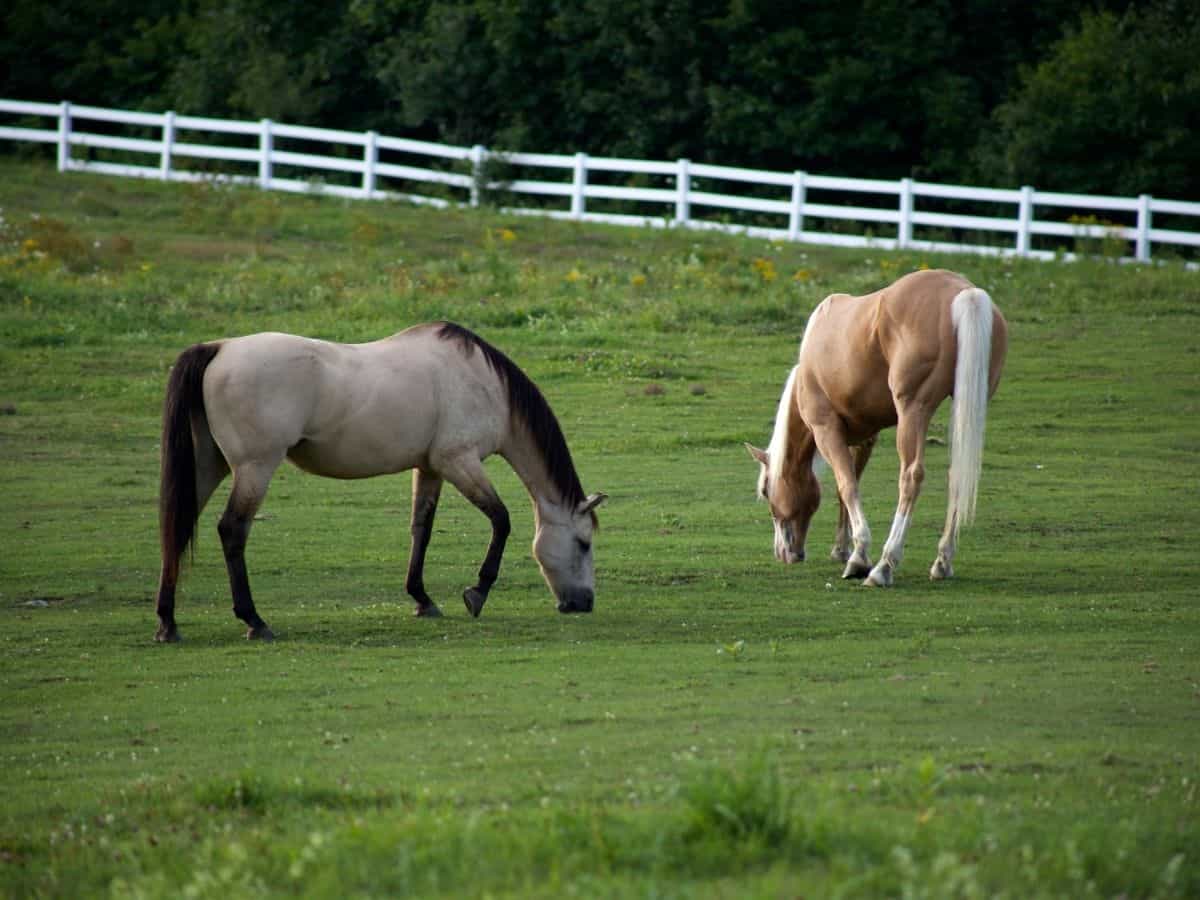
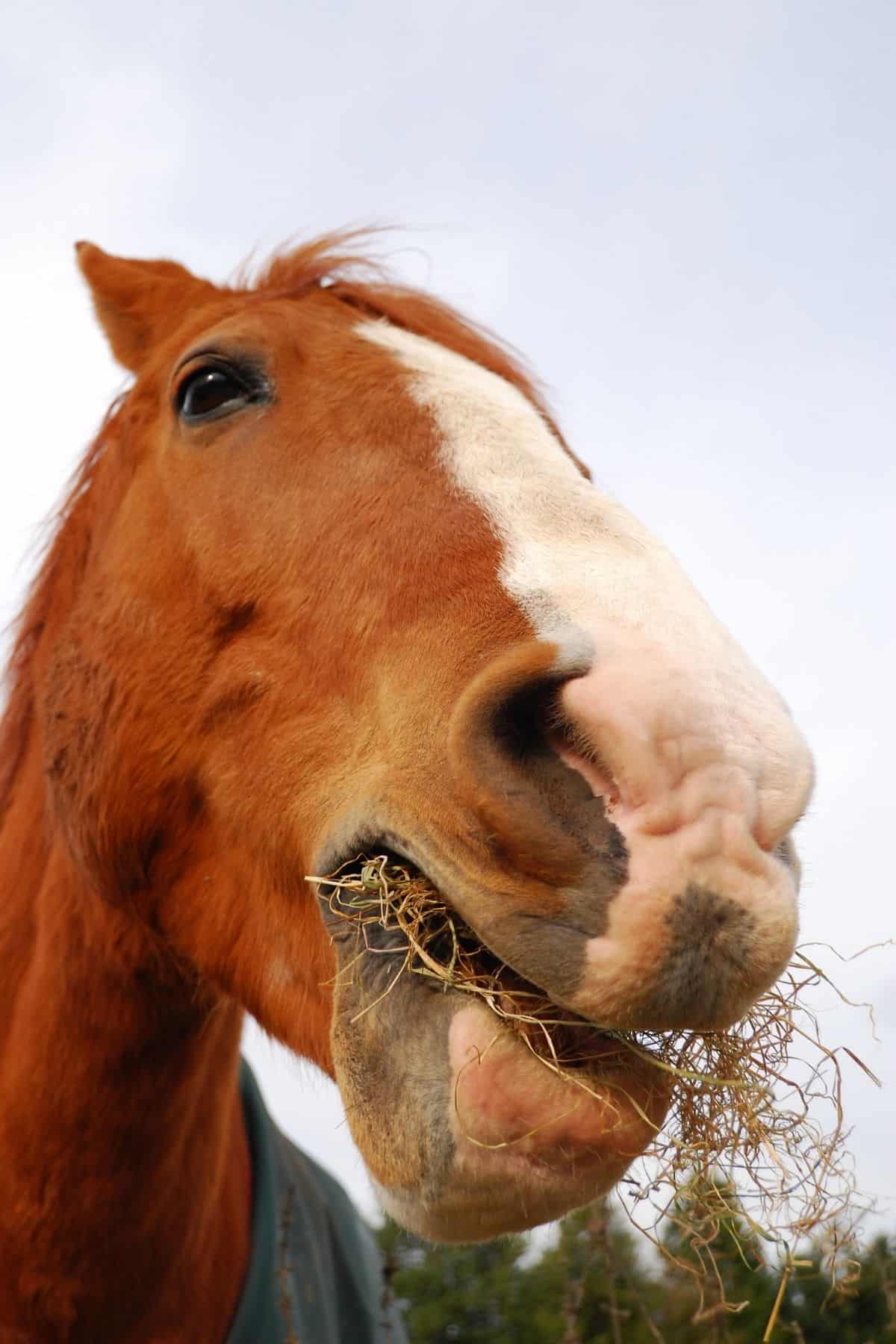
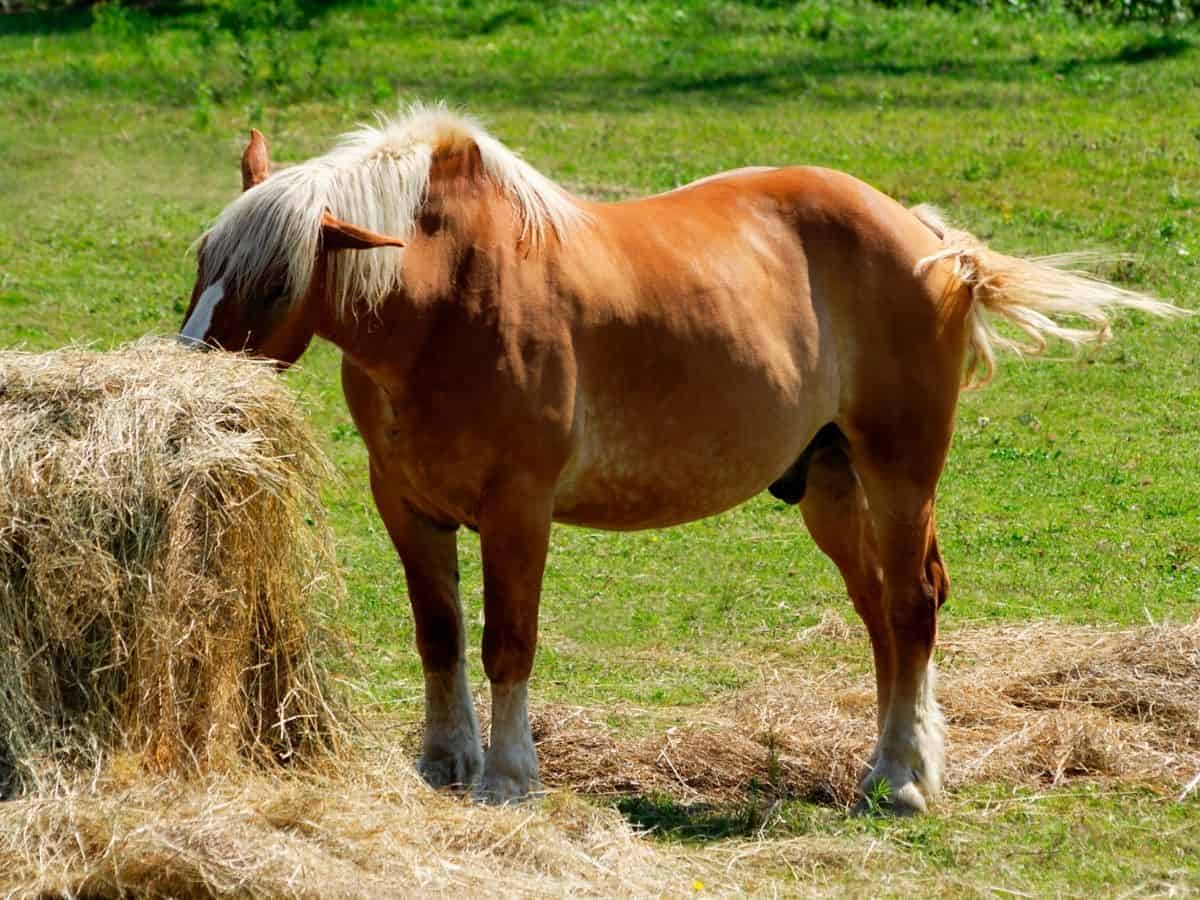
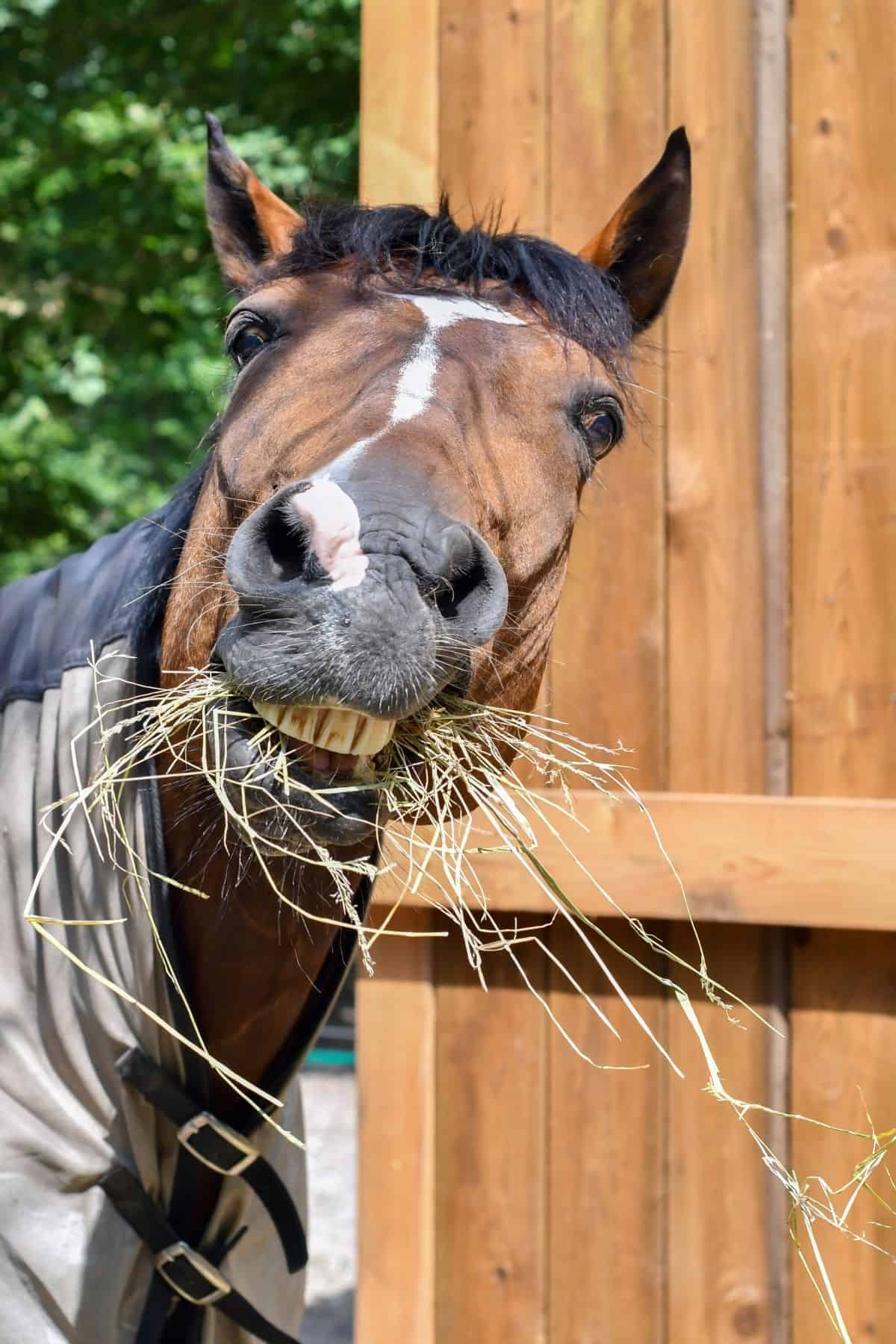
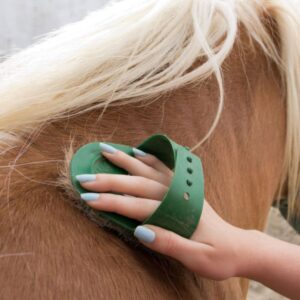
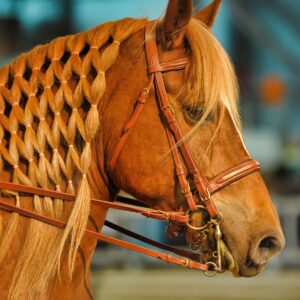
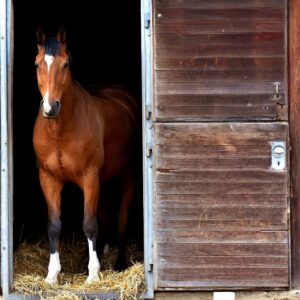
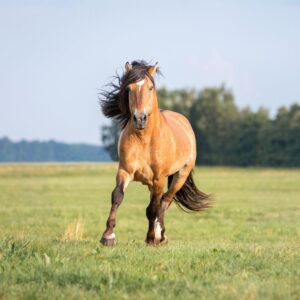
morehappawness
Your post is very helpful